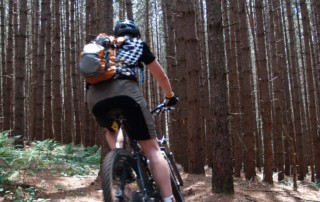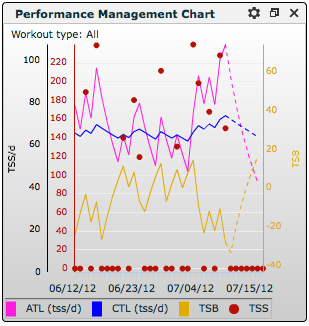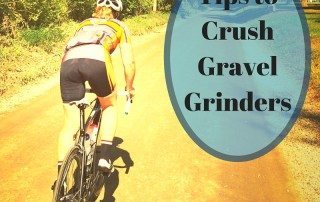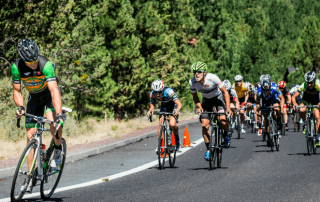Is there value in “junk miles”
Traditionally, Labor Day marks the end of the road and crit racing season and the start of cyclocross. For me, that means it’s time to shut down the training and wind down for the season. Most people start easing into the off-season by riding for fun and putting in a few “junk miles.” I’ve mentioned in the past that fall is my favorite time of year to ride, and this year will be no exception. Getting away from training is often a refreshing change of pace.
This year, I’ve spent most of the year away from my bike, so there’s no training to get away from.
For the first time in many years, I’ve put in less than 2,000 riding miles. I’ve done minimal training and I’ve raced fewer times than I have fingers on one hand. My riding has been limited to 40 miles every 10 days or so. With that little riding, it’s been impossible to train with any regularity. I’ve been stuck with short, high-intensity efforts in a desperate attempt to find some form and fitness. Alas, it was not to be.
This year, my riding has basically been “junk miles.”
Just this morning after a short hour on the deep back roads of NJ, I came to this realization. I also realized that I have learned something through this year’s lack of training.
Click through and learn what junk miles mean to me and what they could mean to you.





